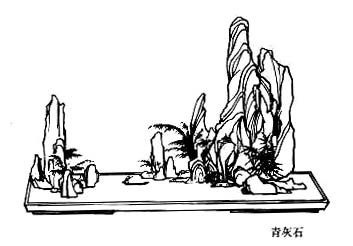論
語
Lun Yu 
 – The Analects of Confucius
– The Analects of Confucius
The Master discusses with his disciples and unveil his preoccupations with society. Tr. Legge (en), Lau (en) and Couvreur (fr).
                                       | |||||||||||||||||||||||||||||||||||||||||||
| |||||||||||||||||||||||||||||||||||||||||||
 |  |
Lunyu VII. 20. (170)
Confucius's knowledge not connate, but the result of his study of antiquity.
The Master said, "I am not one who was born in the possession of knowledge; I am one who is fond of antiquity, and earnest in seeking it there."
Legge VII.19.
The Master said, 'I was not born with knowledge but, being fond of antiquity, I am quick to seek it.'
Lau [7:20]
Le Maître dit : « La connaissance n'est pas innée en moi ; mais mon amour pour l'Antiquité m'y fait aspirer avec ardeur. » En parlant ainsi, Confucius a voulu s'abaisser lui-même. Il a été un saint, parce que la connaissance était innée en lui. Quand il disait qu'il aimait l'étude, ce n'était pas uniquement pour engager les autres à étudier. Car, ce qu'un homme peut connaître naturellement et sans étude, ce sont les devoirs de Justice et de convenance. Quant aux faits historiques, aux changements introduits dans les cérémonies, dans la musique, dans les insignes des dignités, nul ne peut les connaître avec certitude, s'il ne les a étudiés. (Tchou Hsi)
Couvreur VII.19.

The Analects of Confucius – Lun Yu VII. 20. (170) – Chinese on/off – Français/English
Alias the Lunyu, the Lun Yü, the Analects, les Entretiens du maître avec ses disciples.
The Book of Odes, The Analects, Great Learning, Doctrine of the Mean, Three-characters book, The Book of Changes, The Way and its Power, 300 Tang Poems, The Art of War, Thirty-Six Strategies
Welcome, help, notes, introduction, table.
Index – Contact – Top
